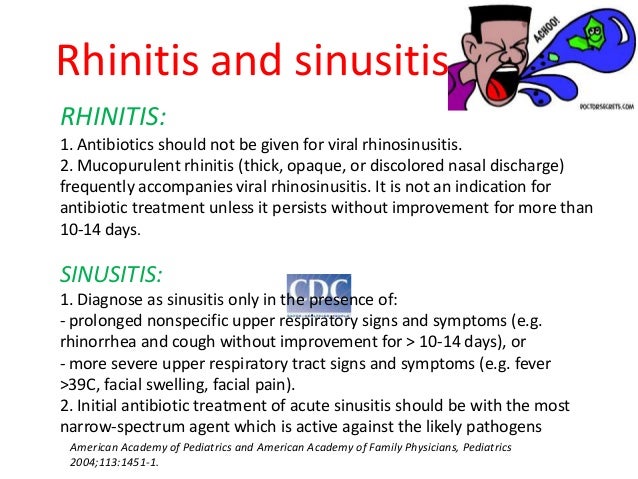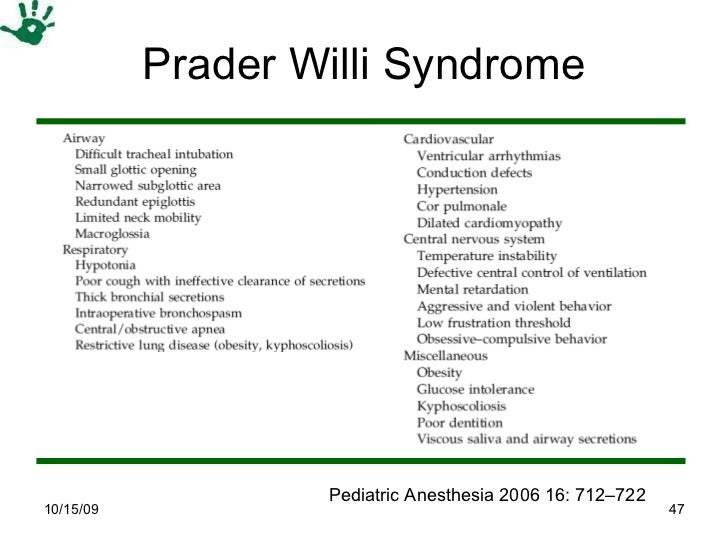Introduction gastroesophageal reflux (ger) occurs in more than two-thirds of otherwise healthy infants and is the topic of discussion with pediatricians at one-quarter of all routine 6-month infant visits 1, 2 in addition to seeking guidance from their pediatricians, parents often request evaluation by pediatric medical subspecialists 3 it is, therefore, not surprising that strongly. Gerd treatment in pediatrics. Treatment for gerd specific treatment will be determined by your child's doctor based on the following: your child's age, overall health, and medical history extent of the disease your child's tolerance for specific medications, procedures, or therapies the expectations for the course of the disease your opinion or preference.
gerd treatment in pediatrics
Gastroesophageal reflux disease (gerd) is defined as the passage of gastric contents into the esophagus that results in troublesome symptoms or complications for the infant, child, or adolescent, and not for the caregiver alone. Gerd, or gastroesophageal reflux disease, is a long-term (chronic) digestive disorder. it happens when stomach contents flow back up (reflux) into the food pipe (esophagus). gerd is a more serious and long-lasting form of gastroesophageal reflux (ger). ger is common in babies under 2 years old.. A pediatric gastroenterologist will only use surgery to treat gerd in infants in severe cases. infants must have severe breathing problems or a physical problem that causes gerd symptoms for surgery to be an option..

